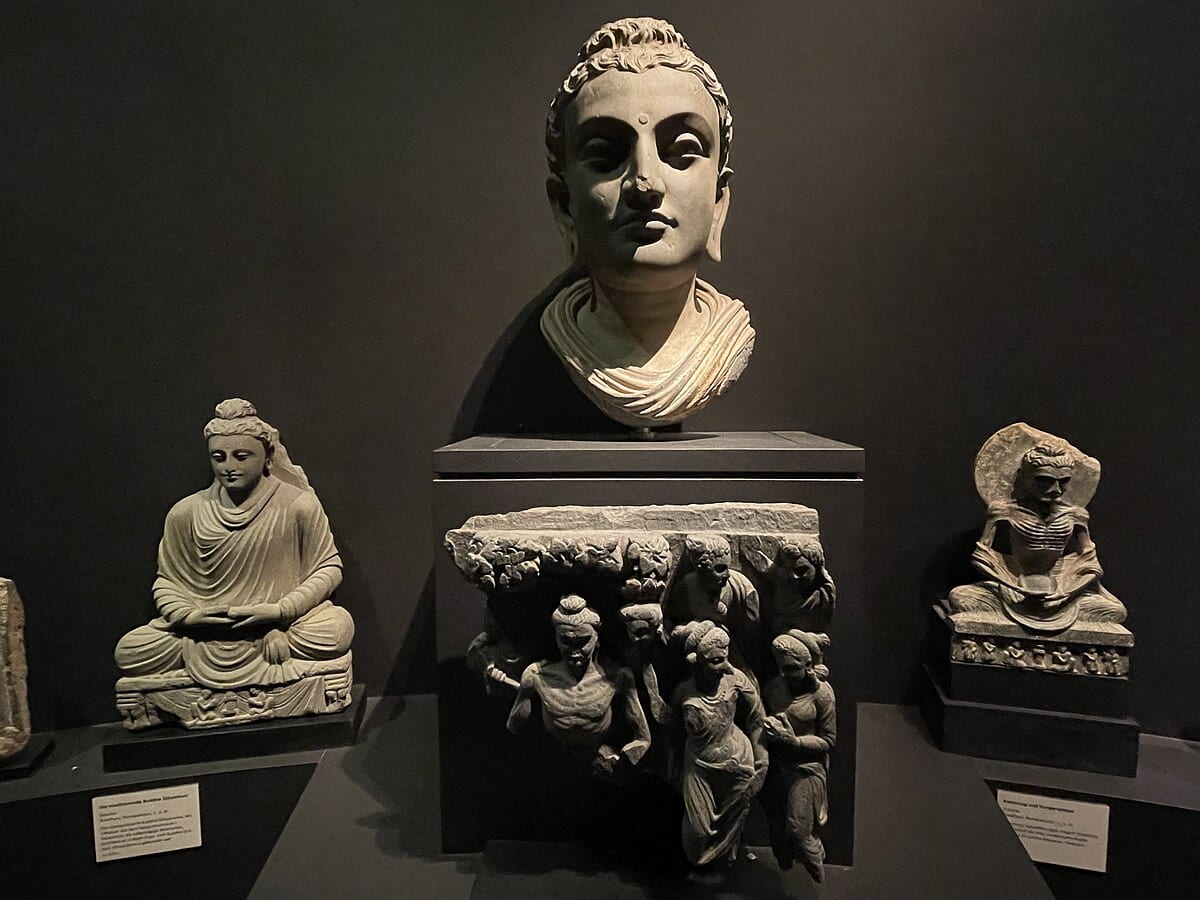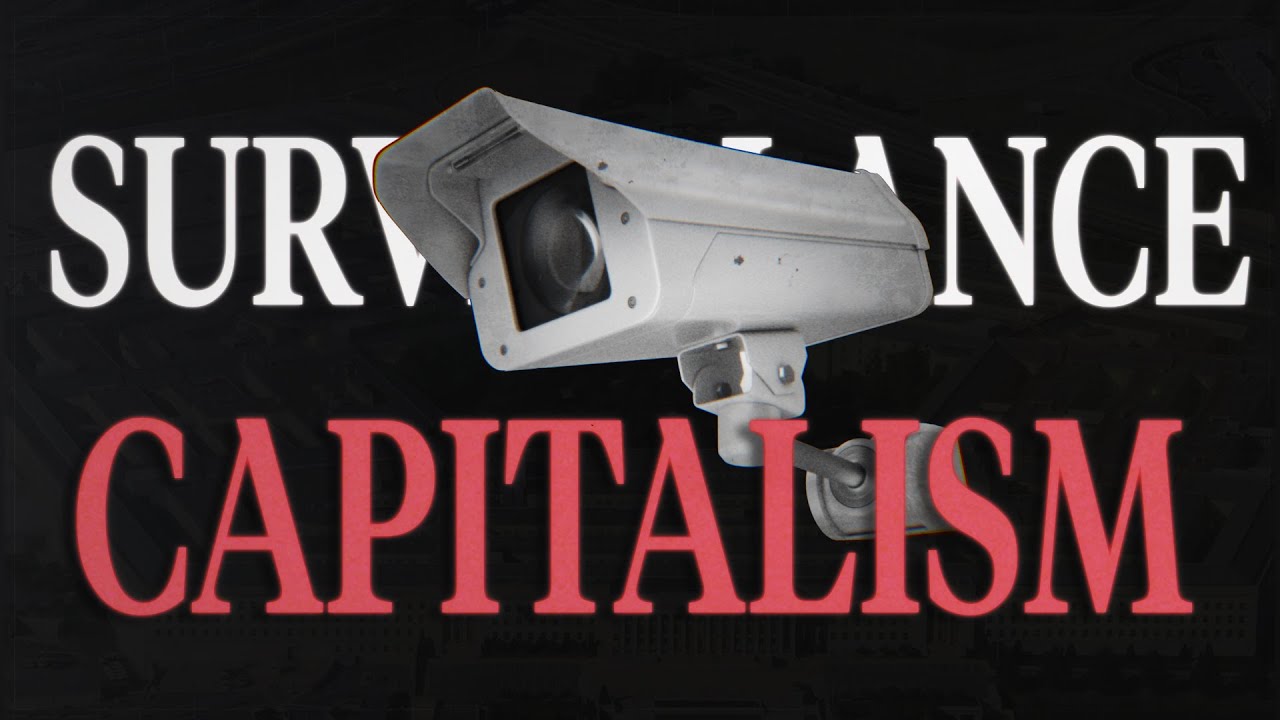- 91 Posts
- 266 Comments
-
Musical theme: Kahlil Gibran wrote an eloquent essay on music, though good luck finding it.
-
Outside your comfort zone: Capitalism as Civilisation by Ntina Tzouvala, a theoretical work which examines how western legal scholars categorized non-western polities based on a racist standard of civilisation and justified colonising them.
-
Book from a different cultural background: the Cairo Trilogy by the Egyptian author Naguib Mahfouz, a chronicle of a wealthy family witnessing the instability of the 1930s in British-occupied Egypt.
-

 3·4 months ago
3·4 months agoOK, I will think about it. Thanks.

 3·4 months ago
3·4 months agoI never bothered with the social aspect of book platforms, so I use an offline tracker. Do you recommend me creating one?

 1·6 months ago
1·6 months agoI’m not fond of series because I usually can’t commit to them, but I can guarantee you that this one is worth a watch.

 3·6 months ago
3·6 months agoThat but also whitewashing billionaires.
 1·6 months ago
1·6 months agoThe Garden of the Finzi-Continis by Giorgio Bassani. Although initially I couldn’t grasp much of what was happening in the prologue, as I progress it grows on me more and more.

 2·6 months ago
2·6 months agoWorks fine for me. You can open an issue on Github.

 521·6 months ago
521·6 months agoThrowback to when they announced releasing a simple phone. Fun times.

 4·6 months ago
4·6 months agoThe term “social democracy” is very deceiving nowadays since it does not pertain anymore to the roots of the ideology which has changed quite drastically in the last century.
The original premise was that socialism could be achieved through reform and not revolution (hence it parted ways with the Marxist position). That is, the State’s institutions were suitable enough to “eventually” or “some day” lead to a socialist mode of production, and so cooperation with the state and, by extension, the bourgeoisie were incremental for socialism. This is why socdem parties were firm believers that change comes from the parliamentary electoral structure (Esson, 2022). I am not going to argue why this is problematic—Marx and Engels have said enough regarding this.
However, social democracy as we know it in the modern age is vastly different from what it used to be. The ideology in the 70’s has become attached to the Third Way and socdem parties throughout the world gradually adopted neoliberal policies, pressured by electoral competition. And the Scandinavian countries, home of social democracy, are an exemplary case to this. Just compare their parties’ agenda before and after WW2 and you will see what I am talking about.
To refer to “social democracy” as anything less than capitalism would be factually fallacious.
The existence of lemmy.world which you’re part of, proves that lemmy tolerates right-wing instances if you ask me.
Make use of the decentralized nature of lemmy, the devs won’t knock at your door for creating or posting on right-wing instances.
 2·7 months ago
2·7 months agoAnd most chapters are basically one-page, easily digestible passages, so it isn’t a hard read.

 2·7 months ago
2·7 months agoIt’s always been a family (indeed, a national) tradition to watch the world cup. Son inherits his loyalty to a club from father just like clan names. However, in the last two cups I became only loyal to a good match of football, to whomever knows how to treat a ball like a gentleman. Perhaps it’s the nostalgia or the collective bondage which still draws me like millions of other fans to watch it play out every four years.
That said, nothing beats a good, friendly match with the pals in the local field; or the recess matches between the cramped walls in school, using a home-made nylon/paper ball.
 2·7 months ago
2·7 months agoSoccer in Sun and Shadow by Uruguayan journalist Eduardo Galeano. The passion in which he recounts the sport’s history from its modest inception up to its consumerist rebranding, and the vividness in which he describes its beautiful moments and dismal tragedies, is simply breathtaking. Galeano’s words on paper capture the art of the sport better than any camera and TV screen.
I will be writing and posting a review of the book once I am done reading it.

 1·7 months ago
1·7 months agoI am sure the United Kingdom, among others, may indeed be happy to steal other cultures’ artefacts, in deviation of international treaties.

 2·7 months ago
2·7 months agoNo, I am not the dev. Perhaps I should’ve clarified this.

 23·7 months ago
23·7 months ago“evil corporation” is quite the tautology.

 5·8 months ago
5·8 months agoI’m afraid this is not an ebook reader, but a book tracker.

 4·8 months ago
4·8 months agoThis is an offline tracker, so it doesn’t compare per se. There were talks about integrating bookwyrm into the app, but as of now there is no public API.

 3·8 months ago
3·8 months agoThis project was actually my exit way from Goodreads. Unlike another commenter, I found virtually no issue with searching for books in European languages. All the statistics which GR offers are available, and you can easily import your books to the app. And of course, no ads, zero trackers and open source.
The only caveat is the social aspect, since this is an offline tracker.
Edit: If you have any concerns, hop on the matrix community where the dev is active.


















Ottoman Turkish, although the geographical terms and country names wouldn’t have differed much.